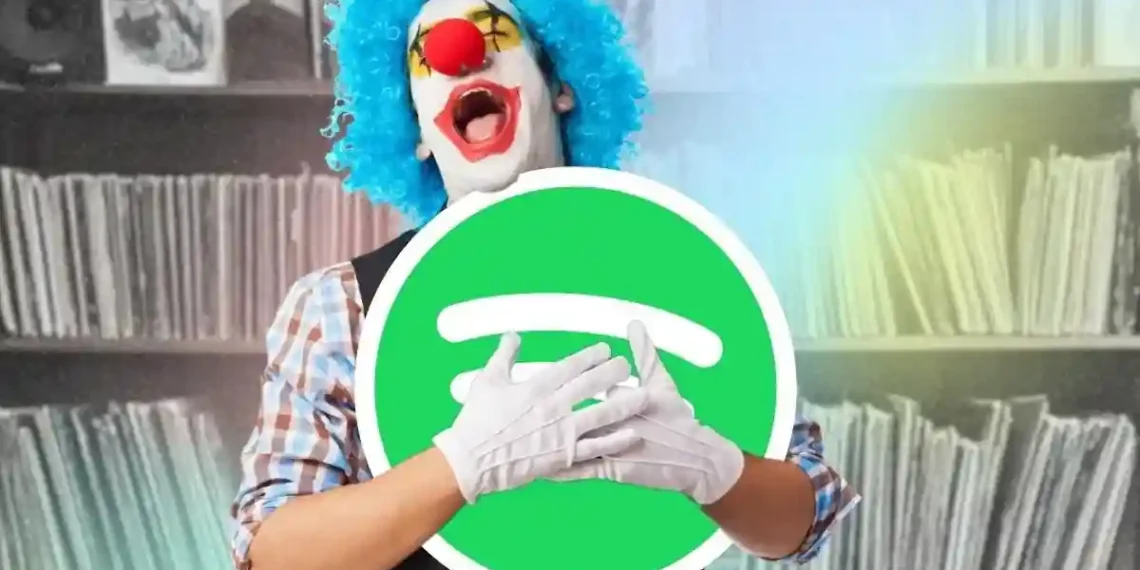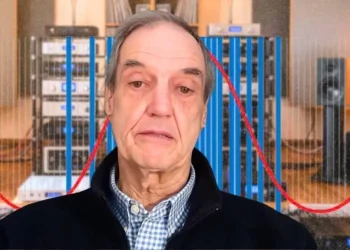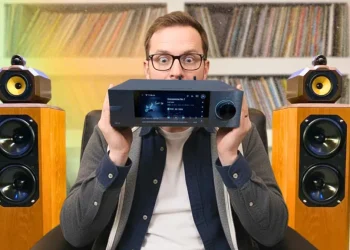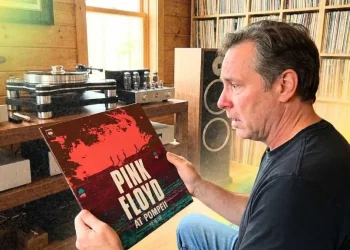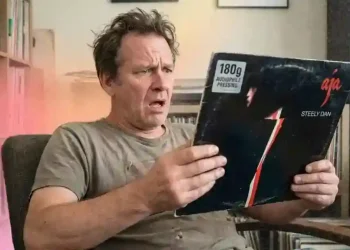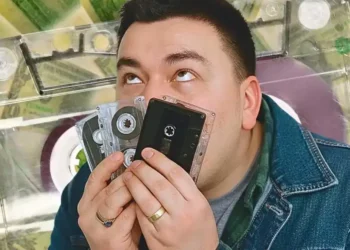One Spotify Outage Was All It Took to Prove CD and Vinyl Collectors Were Right
Streaming made music feel infinite—millions of songs, always available at the tap of a screen. But when Spotify crashed in April 2025, that illusion shattered. The sudden silence hit harder than anyone expected.
Playlists disappeared. Downloads failed. Daily routines fell apart. And suddenly, a growing number of people started wondering: maybe those folks still spinning CDs and flipping vinyl had a point after all.
Streaming is incredibly convenient—until it’s not. And when it breaks, it reminds us just how little of it we truly own.
On April 16, 2025, Spotify went down for millions of users around the world. What started as scattered complaints quickly escalated into one of the platform’s worst outages in recent years.
According to Downdetector, nearly 50,000 users in the U.S. and over 17,000 in the U.K. reported being affected. People couldn’t log in. Playlists became inaccessible. Even downloaded tracks refused to play. Both the app and web player crashed for hours.
While Spotify managed to restore service later that morning, frustrations lingered. Some users even faced repeated glitches throughout the day.
And this wasn’t a one-time fluke. It’s just the latest in a series of major Spotify disruptions over the past five years:
- March 2022: A massive outage logged out over 175,000 users.
- April 2023: A three-hour service disruption took down streaming and smart speaker integration.
- August 2024: Playback loops, app crashes, and a broken web player left users stranded without explanation.
Each outage chips away at Spotify’s once-untouchable image as a reliable, always-on music source—and forces a sobering question:
What happens when your entire music collection lives on a single app, and that app goes dark?
For many, the answer is clear: streaming isn’t just convenient—it’s fragile. And that fragility has reignited an old argument:
Maybe CD and vinyl collectors were right all along.
For years, CD and vinyl collectors were seen as nostalgic holdouts—clinging to an outdated past while the rest of the world moved on.
But when Spotify went silent, collectors kept listening. Their music lives on shelves, not servers. No crashes. No glitches. No buffering. Just music.
That’s the real divide:
Streaming offers convenience. Physical media offers ownership.
Here’s what physical formats bring to the table:
- Ownership: The music is truly yours—not rented or licensed.
- Durability: No digital rights management (DRM). No disappearing albums.
- Audio Quality: Full-fidelity, lossless sound—no compression needed.
- Independence: No reliance on servers, ads, or algorithms.
Vinyl, in particular, has experienced a major revival. In 2022 alone, more than 5.5 million vinyl records were sold in the U.K., according to SAE. Beyond the warm analog sound, vinyl offers something else: ritual. Dropping the needle feels intentional—an act of connection with the music.
As sociologists Bartmanski and Woodward put it, vinyl helps listeners “crystallize a sense of self with a history stretching back in time.”
And while vinyl gets most of the buzz, CDs are quietly making a comeback too—especially among audiophiles and younger fans seeking more control over their collections.
Compact discs offer their own advantages: digital clarity, consistent playback, and the comforting certainty that your music won’t disappear because of a server hiccup.
Streaming platforms like Spotify offer access to millions of songs. But that’s the key word: access, not ownership.
Research from Sinclair and Tinson highlights how the so-called “post-ownership economy” tricks users into feeling like they have control. You can create playlists, rack up listening stats, and share your Spotify Wrapped—but none of it is truly yours.
Albums can be pulled. Accounts can be locked. Entire libraries can vanish overnight.
Spotify Wrapped may make it feel like you’re building a personal archive—but it’s really just a marketing campaign. You can’t hand it down. You can’t resell it. You can’t even touch it.
When the platform crashes, your carefully curated listening identity disappears with it.
And beyond the user experience, there’s also the issue of artist support.
Under Spotify’s pro rata payout model, your subscription fee gets pooled and divided based on overall market share—not your individual listening habits. Meaning even if you spend a month streaming only indie artists, most of your money may end up supporting the biggest names.
When you buy a physical album, it’s a direct investment in an artist’s work—you own the sound, and you support the creator in a tangible way.
Collectors have long understood something that streaming culture tends to forget:
Music isn’t just content—it’s connection, memory, and identity.
Owning a physical album—whether it’s the weight of a vinyl record or the snap of a CD case—means having something permanent. Something no glitch or outage can erase.
So what were CD and vinyl collectors right about?
- That music is more than just a file—it’s a personal memory, a possession.
- That convenience can’t replace real emotional and material connection.
- That when platforms fail, your own collection still stands.
In an era where access is often mistaken for ownership, physical formats offer something increasingly rare: certainty.
When your music lives on a shelf, no server crash can ever take it away.
This article was rewritten by JournosNews.com based on verified reporting from trusted sources. The content has been independently reviewed, fact-checked, and edited for accuracy, neutrality, tone, and global readability in accordance with Google News and AdSense standards.
All opinions, quotes, or statements from contributors, experts, or sourced organizations do not necessarily reflect the views of JournosNews.com. JournosNews.com maintains full editorial independence from any external funders, sponsors, or organizations.
Stay informed with JournosNews.com — your trusted source for verified global reporting and in-depth analysis. Follow us on Google News, BlueSky, and X for real-time updates.
